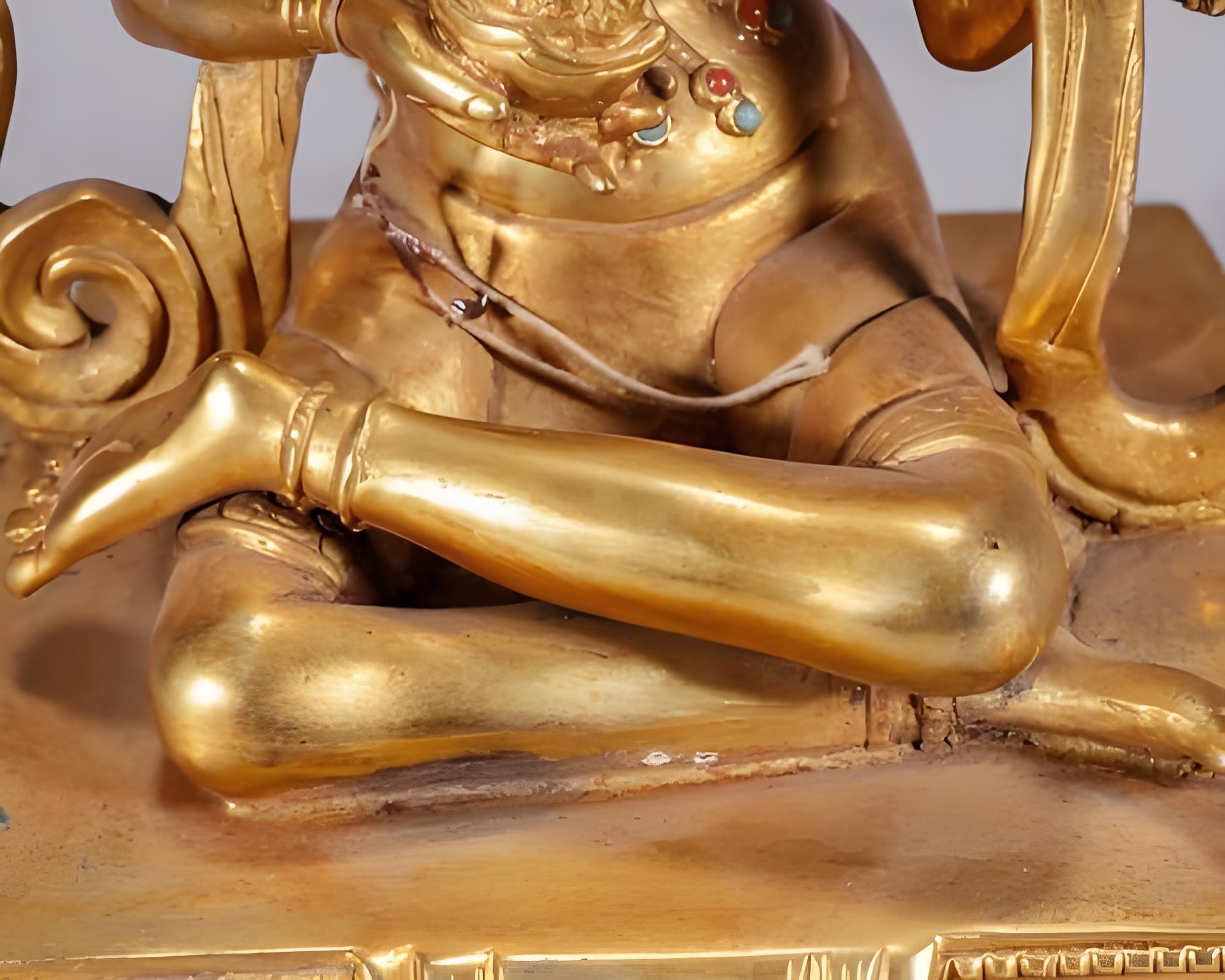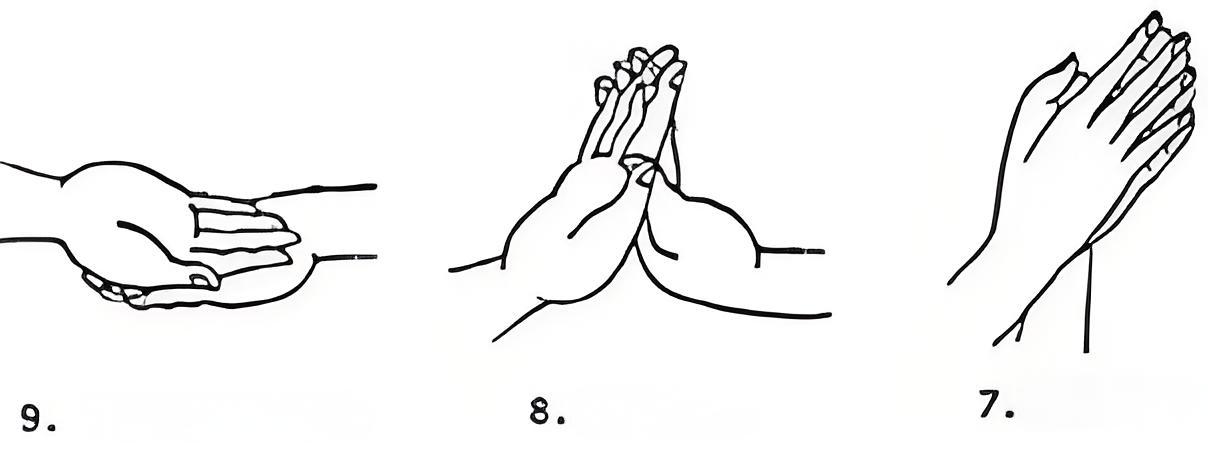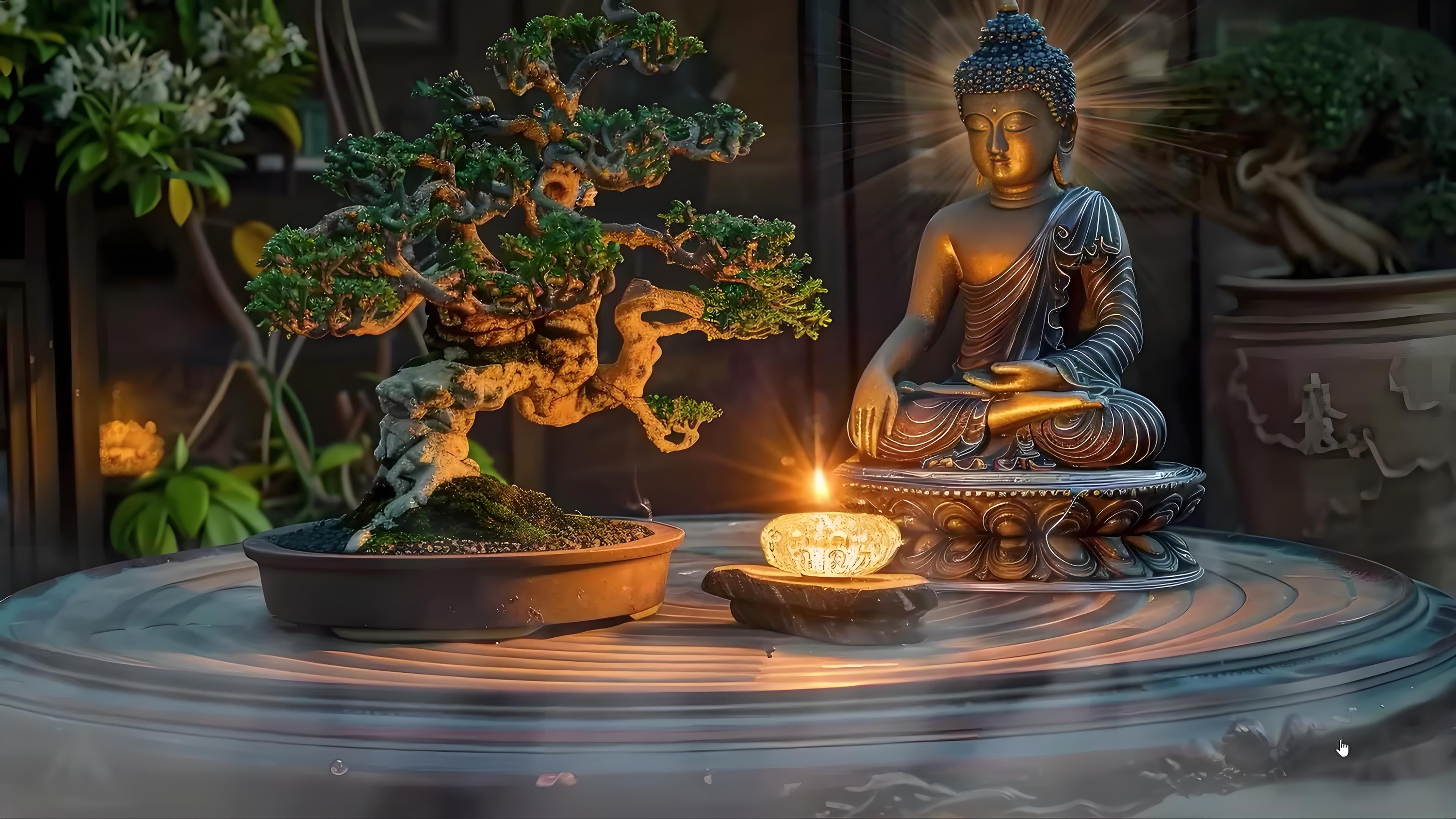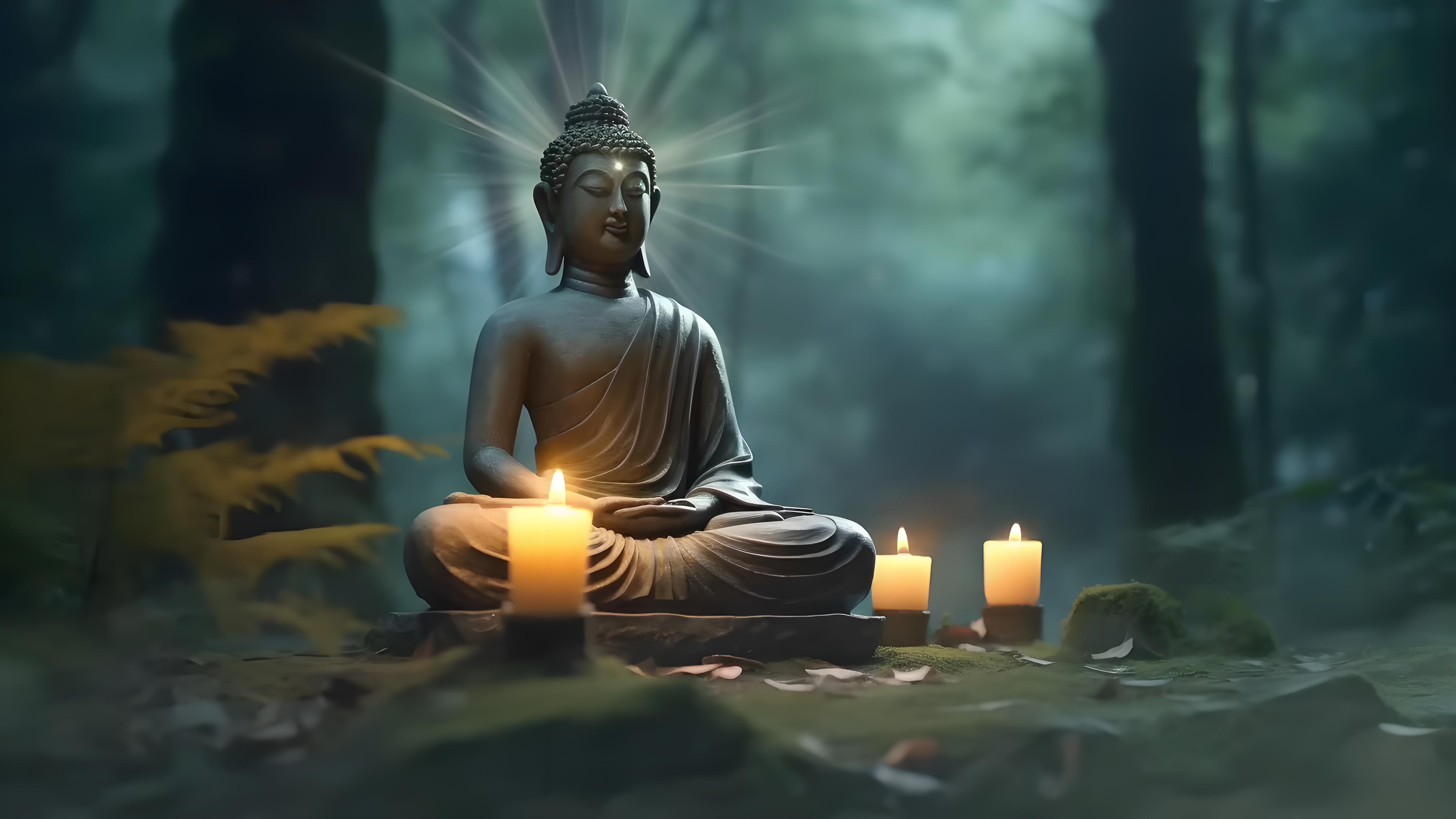type
status
date
slug
summary
tags
category
icon
password
AI summary

Many readers of "Return to Heart" are familiar with awakening or spiritual awakening - perhaps it's what they're seeking. Is awakening an extraordinarily special state? Or is it as ordinary as a wildflower by the roadside? We don't have the answers. We recommend this article about spiritual awakening by Zen practitioner Adyashanti. As a sincere meditation practitioner who has spent years in silent retreat, his words might help all seekers relax a bit. Remember what the great Zen masters said: "Don't become anyone, don't go anywhere." Perhaps, in the end, we'll realize: there is no utopia to seek, no savior to find, no dwelling on the past or future. Let go of seeking, and simply dwell fully in the here and now.
As Adyashanti says:
When one truly awakens,
When one transcends the veil of duality,
Things that appear different and separate to others
All appear the same to them.
1. Spiritual Awakening Is Neither Euphoria Nor Mystical Experience
Most messages we encounter about spiritual awakening sound like promotional advertisements for enlightenment. In advertisements, merchants only tell us the positive aspects; they might even provide false information. In the propaganda of awakening, people tell us that enlightenment means love and ecstasy, compassion and unity, and many other positive experiences. It's often wrapped in various magical stories, making us believe that awakening must be related to miracles and supernatural powers.
One of the most common advertisements is that enlightenment is an experience full of joy. As a result, people think, "When I awaken, when I unite with the divine, I will enter a state of perpetual ecstasy." Of course, this is a deep misunderstanding of awakening.
Spiritual awakening might bring feelings of joy, as it's actually a byproduct of awakening, but it's not awakening itself. As long as we chase the byproducts of awakening, we'll miss the real thing. This is a serious problem because many spiritual paths try to replicate the byproducts of awakening without leading people to awakening itself.
Another major misunderstanding about awakening or enlightenment is considering it a mystical experience.

2. A Sign of Awakening Is When You Stop Seeking
After true awakening occurs, our authentic nature becomes very clear. We no longer have any questions about it; it's settled. In this sense, one of the signs of true awakening is that you stop seeking. There's no more pushing and pulling in your heart. We recognize the identity of the seeker, see that it has always been a virtual reality, and thus it disappears. In a sense, the seeker has completed its task. It provided the necessary momentum to help consciousness or spirit break free from its identification with the dream state and return to its natural state of being.
3. Almost Everything Was Self-Centered Before
Whether the honeymoon period of awakening lasts a day or a year, at some point, one begins to look around and realize things have changed dramatically. The familiar things in life no longer exist. The beliefs we once clung to and used to define ourselves now feel hollow, devoid of reality. Most ego-driven motivations have disappeared, which can create intense confusion in the mind.
It's at this specific moment that people begin to recognize that almost everything they did in life before was driven by self-centered motivations.

4. Initial Confusion After Awakening and Moving Beyond It
When this process of dissolution occurs, you may experience intense confusion. The spiritual awakening itself can be very confusing. Everything you once believed to be true, you now see isn't. Who you thought you were, you now see you're not. While this experience can bring ecstasy and feel liberating, it can also be very confusing. "What kind of person will I become? Where will my life's motivation come from?"
Of course, if someone is fully awakened, these questions no longer arise. But this is extremely rare. For most people, there's a further process of dissolution after awakening. So for most people, these questions continue to exist. No spiritual guidance or teacher can give you definitive answers, because the ego will turn any answer into another goal.
What's helpful is understanding that this confusion is part of the awakening process: feeling confused is natural because everything is new. You are new, your insight is new, and your perspective on everything and everyone has changed completely.
The confusion arises because the mind tries to find its bearings in a completely new environment. It's like falling from an airplane. If you just let yourself fall, there's no problem. But once you start grabbing at the air, trying to find your orientation, you feel lost; you realize you don't know which way is up and which way is down.

Therefore, confusion isn't inherent in the awakened perspective; it comes from the mind trying to find its bearings. A key aspect of the awakened perspective is that there are no bearings, and reality doesn't need them. If there are any bearings, they come from a deep sense of relaxation, allowing everything to be as it is. You find your bearings by no longer trying to find them. You find your direction by completely letting go.
At some stage, we completely let go, and a new energy doesn't immediately appear in our consciousness to continue driving our life. Of course, this energy has always been there, working in us at all times - it's the energy of emptiness. It comes directly from the source, without any distortion.
上一篇
The Path to Spiritual Awakening: Understanding Mind and Spirit in Zen Practice
下一篇
Two Buddhist Methods to Enhance Wisdom and Spiritual Intelligence
Loading...






